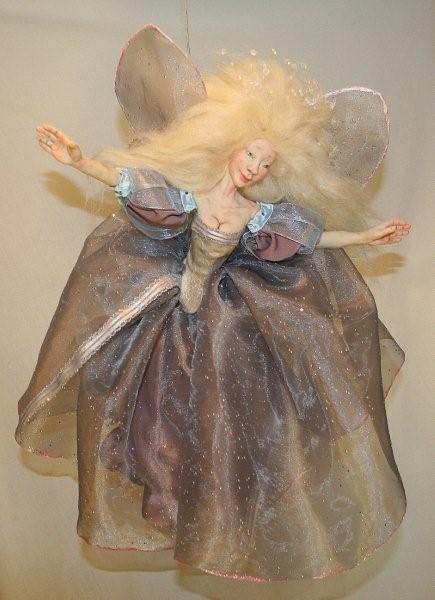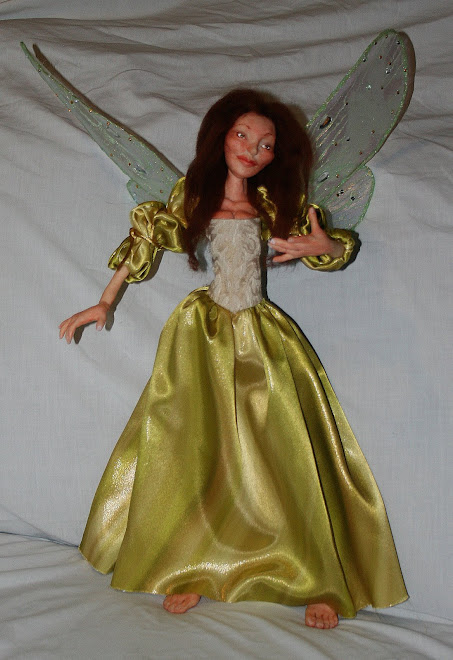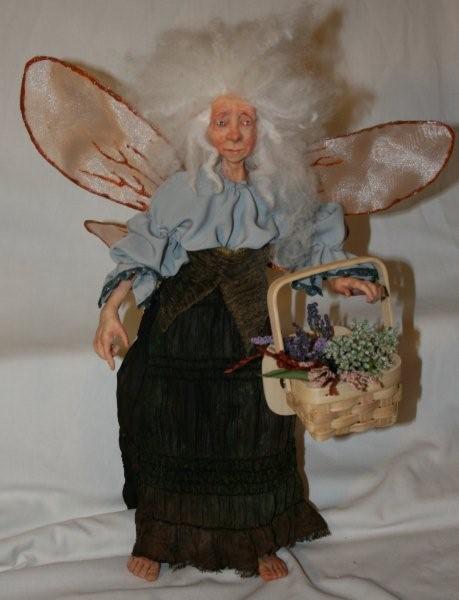"Les Miserables," continued (see earlier post for beginning)
The barricades have gone up all around Paris, and our story concerns one of them. Marius and Enjolras, Eponine, Gavroche, and their friends have put up their barricade, and are making a stand for the Republique. Many, many officers have been dispatched to quell the uprisings, and the battle is joined. In order to spy on the rebels, Javert goes undercover, but is caught. Valjean has joined them to find Marius, whom he realizes is destined to take care of Cosette when he himself must take his leave. Valjean is given the chance to kill Javert, and be rid of his nemesis forever, but spares him. He is a compassionate man, having changed completely when the bishop trusted him. Meanwhile, the battle continues between the insurgents and the military.
Enjolras and a Republique sympathizer, Grantaire. Enjolras holds high one of the red banners that has been a hallmark of the rebellion. They knew what they were getting into, and there is no hint of apology nor fear in this act of defiance.
Their cause is just.
Javert is
undergoing a crisis the night that the battle is over.
Can he endure being in the debt of an ex-con who broke parole? Can he
continue to uphold the letter of the law? The Law, which has been his
steadfast identity all his life, as steadfast as the stars in their
season. He addresses the stars quite often. But will they answer him
this time?
Fantine sings softly to the dying Jean Valjean. He interjects his replies:
"M'sieur, I bless your name"
"I am ready, Fantine."
"M'sieur, lay down your burden."
"At the end of my days"
"You raised my child in love"
"She's the best of my life."
"And you will be with God."
*
*
*
"Come with me
Where chains will never bind you,
All your grief
At last, at last behind you.
Lord in Heaven
Look down on him in mercy."
"Forgive me all my trespasses
And take me to your glory."
"Take my hand
And lead me to salvation --
Take my love,
For love is everlasting.
And remember
The truth that once was spoken:
To love another person
Is to see the face of God!"
(Credits to Boublil and Schonberg)
And ultimate credit to the master of it all: Victor Hugo, author of the original Les Miserables.
This quick sketch is from a painting that Hugo obviously sat for. If I can find out who the artist was, I'll come back to give proper credits .
(Still having problems getting a name for the painter. Seems like it was done in 1899, though. I'll keep on trying!)
Subscribe to:
Post Comments (Atom)





+fairy,+full+figure.jpg)



No comments:
Post a Comment